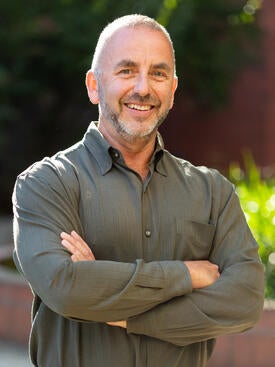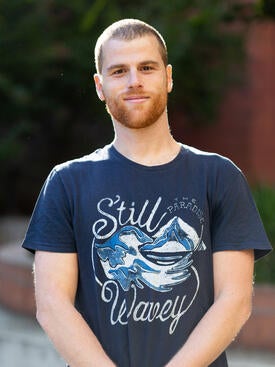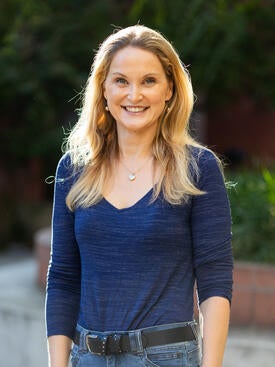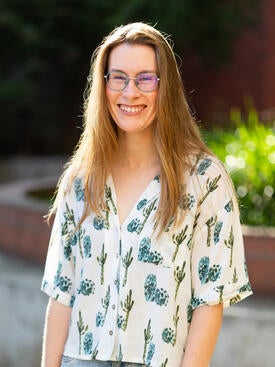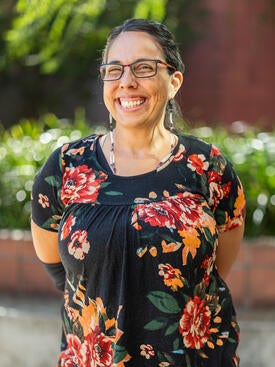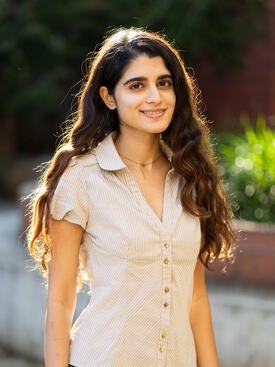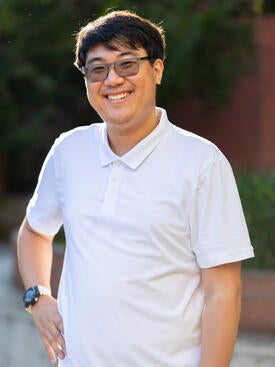Hoddle Lab Members
Mark S. Hoddle, Ph.D.
Biological Control Specialist and Principal Investigator
Dr. Hoddle has headed the research in this laboratory since 1997 and is primarily involved in the identification of pest problems wf biological control could be a successful approach. The location, release and evaluation of natural enemy impacts on population growth features strongly in his research. The evaluation of biological control agents are conducted primarily in the field and, when necessary, aspects of both pest and natural enemy biology and behavior are studied in the laboratory.
Nicola A. Irvin, Ph.D.
Biological Control Specialist and Research Scholar
Dr. Irvin joined the Hoddle laboratory in 2001 as a post doctoral scholar. Dr Irvin has had a heavy focus on researching the glassy-winged sharpshooter, Homalodisca vitripennis (Germar), and its Mymarid wasp biological control agentsGonatocerus ashmeadi, G. fasciatus, G. triguttatus, and G. tuberculifemur. Currently, Dr. Irvin is collaborating with Dr. Milosavljević on research investigating whether insectary plants (used to augment populations of natural enemies) and biodegradable hydrogel bead baits (for control of Argentine ants) can enhance natural enemy abundance and increase biological control of citrus pests.
Marco Molfini, Ph.D.
Postdoctoral Scholar
Dr. Molfini joined the Hoddle lab as a postdoctoral researcher in September 2023. In his previous research, he explored the phylogeny and ecology of cantharphilous species: a group of arthropods attracted to the toxic compound cantharidin. He is currently working on the proactive biological control of the spotted lanternfly (Lycorma delicatula), with the aim of identifying native US parasitoids to use as control agents. He is also studying the host range of L. delicatula on the most common California crop plants.
Mari West
Dr. West joined the Hoddle Lab as a postdoctoral researcher in November 2022. Her previous research focused on task allocation behaviors in ants and their morphological, chemical, and genetic underpinnings. In the Hoddle Lab, Dr. West is working on the proactive biological control of the Spotted Lanternfly, an invasive plant pest. Her work includes identifying US native parasitoid wasps that have the potential to control the Spotted Lanternfly, as well as determining which of California’s crops are susceptible to Spotted Lanternfly feeding and damage.

